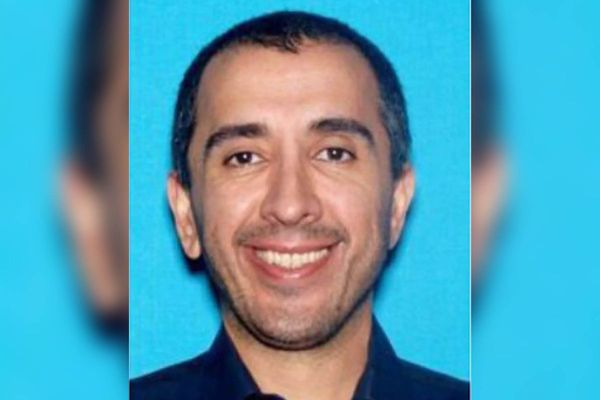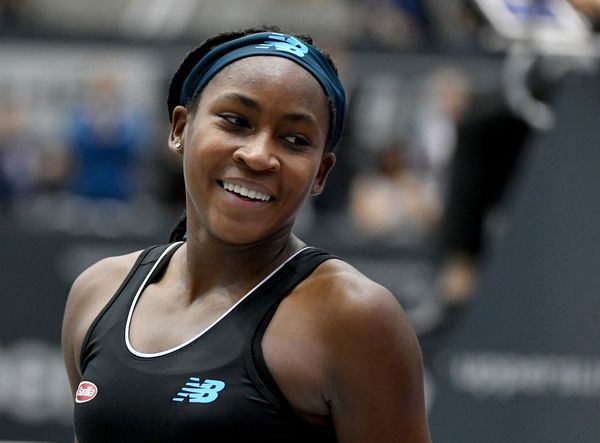
Paris (AFP) - Educating the young is the most effective way of combatting racism as armed with the facts they can challenge their peers, West Indies cricket legend and anti-racism campaigner Michael Holding has told AFP.
The 68-year-old -- nicknamed 'Whispering Death' when he formed a pivotal part of the fearsome West Indies pace attack in the 1970s and 1980s -- has raised his profile among a new generation unaware of his sporting achievements, with his impassioned stance against racism.
His award-winning book "Why We Kneel, How We Rise" -- which includes contributions from black sports stars including Usain Bolt and Thierry Henry -- is, he says, part of aiding that education process.
The 2021 book came about after Holding made an extraordinarily moving discourse during Sky Sports coverage of a 2020 Test between England and the West Indies.
It came at the height of sports people taking the knee following the murder of George Floyd by a Minnesota policeman in May 2020.
Since then Holding has delivered 60 talks, which he says is a more constructive way of channelling his emotions.
"I feel frustration, I do not feel fury," he said in a phone interview from his home in the Cayman Islands.
"So much wrong has gone on and people do not want to do right even though they face all these facts and still ignore it and pretend otherwise.
"I do not want to get upset and infuriated because then you do rubbish and speak rubbish."
Holding's latest talk was with 90 head teachers in England.
"I was not asking them to change the history books but to broaden the curriculum," he said.
"To not just talk about one set of people, as in white history, but to include those that have been erased from history.
"It does not suit the narrative but they should teach about everyone not just Cromwell and Churchill.
"You cannot ignore half of history and highlight others and not ever mention what black and Asian people have accomplished."
One such example is black inventor Lewis Howard Latimer, who invented the carbon filament to ensure the world is not constantly changing light bulbs.
"(Thomas) Edison obviously invented the light bulb but it was not very practical as the filament burned out in no time," said Holding.
"A black man invented the carbon filament which made it operational.Latimer made an effective source of light but nobody talks about him, you do not learn about those things in school because he is not a white man.
"That has been the narrative for centuries, that the black man is insignificant."
'Baby steps'
Holding sees the battle as one against the influences of an older generation on children.
"One headmaster said basically in their school their kids get it, they understand," he said.
"But, as they said, kids spend 17 percent of time at school under tutelage of their masters and 83 percent at home, which is a problem."
Holding believes he knows how to counterbalance that.
"My answer was you have got to encourage them to challenge their parents and grandparents, not in a confrontational or disrespectful way, but by facts.
"Teachers have to give those facts and instil confidence in the children...so that they can go home and challenge their parents.
"That is how you solve that problem.It is not an overnight fix."
Holding still believes taking the knee is a key component of the fight against racism despite some feeling the gesture has lost its power.
"When the critics say it is old-fashioned they are missing the point," he said.
"Taking the knee is not something that will move the needle.
"However, it is a signal that racism is still an issue and when are we going to deal with this as an issue?"
He does, though, think progress is being made "slowly, slowly, even if it is baby steps".
"One is going in the right direction if people are changing their thought processes."
Holding says all he achieved in cricket as a player and a commentator has given him a platform but he is now engaged in a bigger fight.
"Whatever I did once on the cricket field pales into insignificance.It is nowhere near as important an issue as this one," he said.







